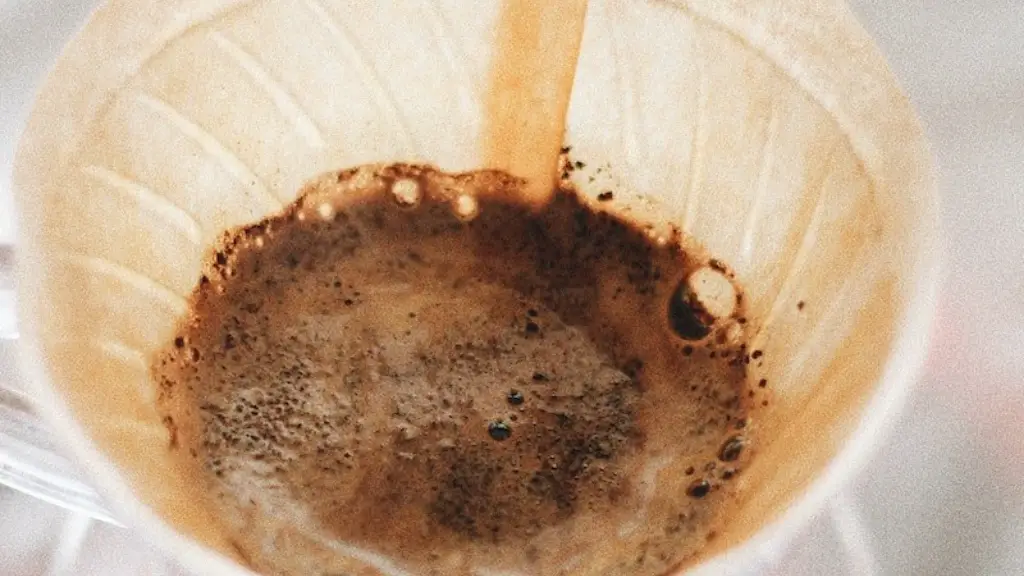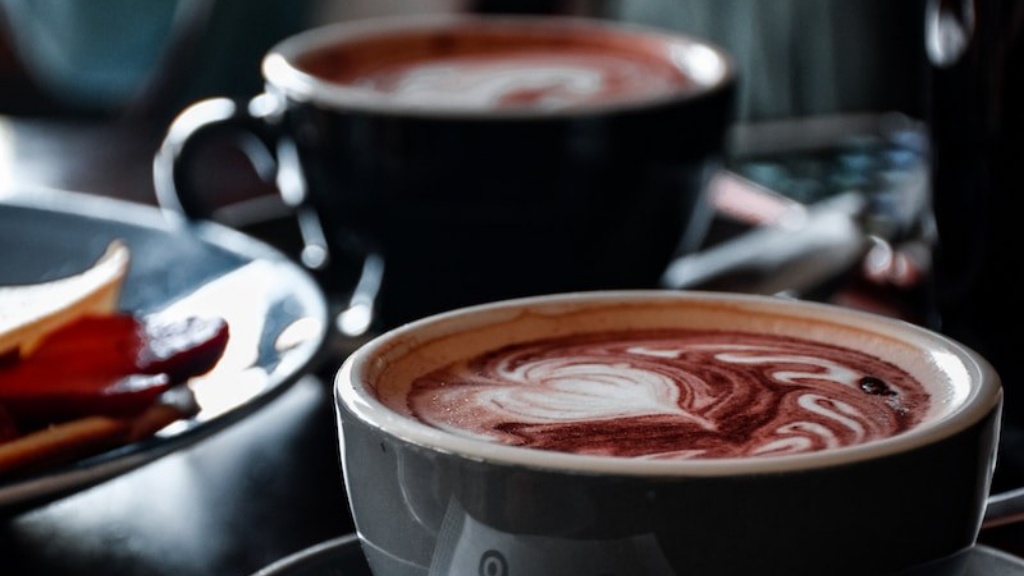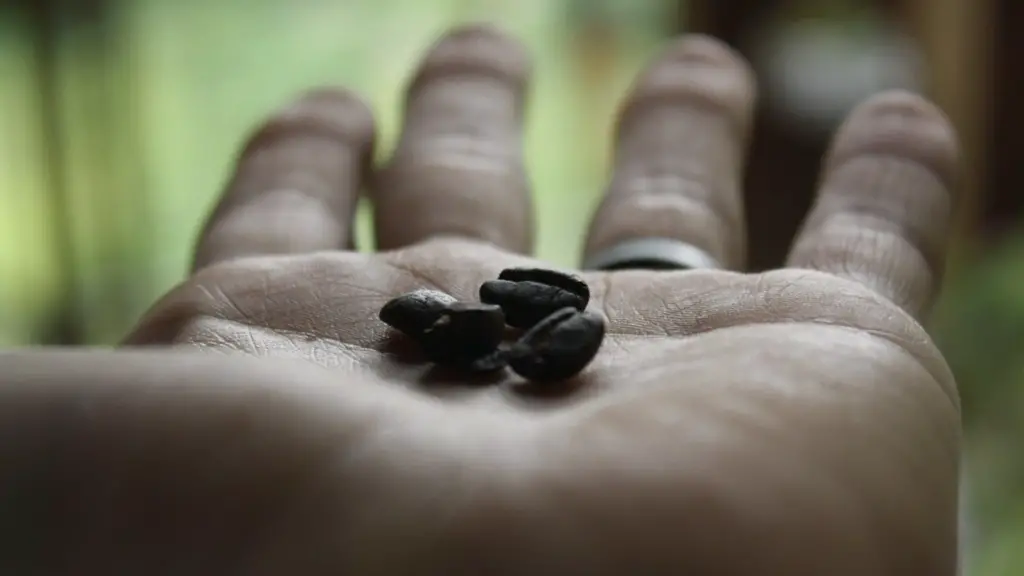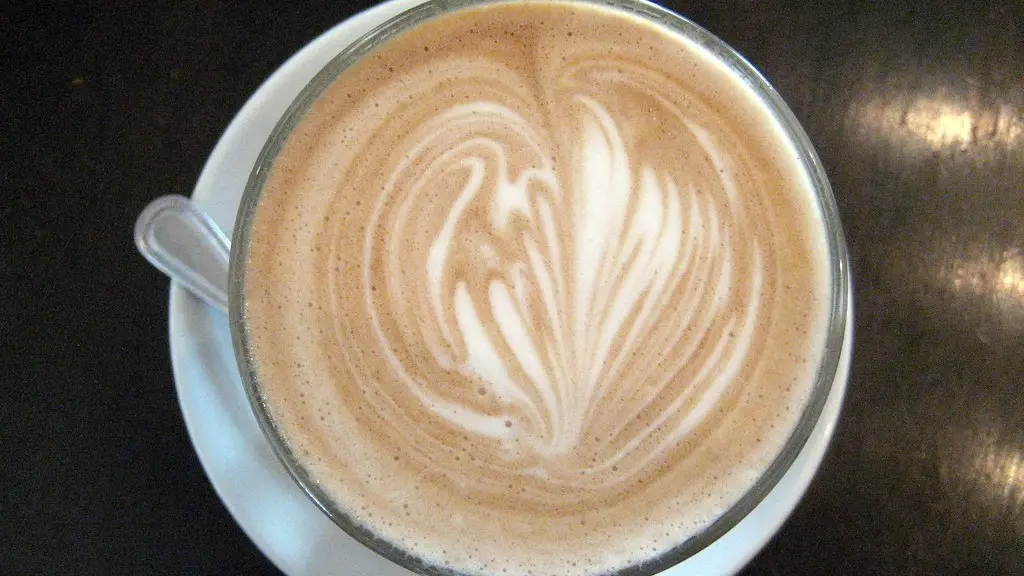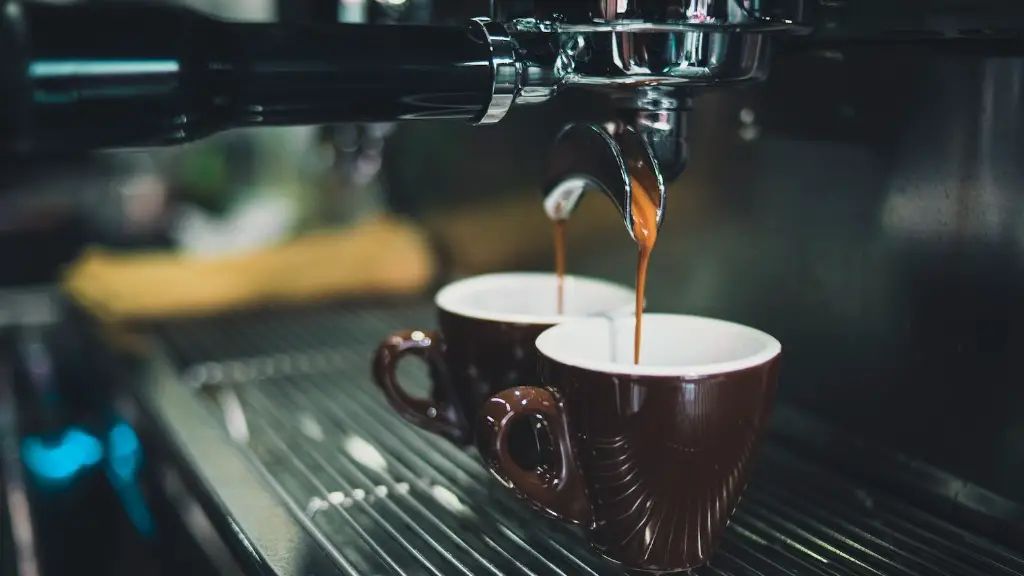Brewing coffee is an art and a science. The type of beans you use, how long you roast them, the grind, the water, the temperature, and even the type of light can affect the flavor of your coffee. Many people believe that using light roast beans results in a more mild and smooth cup of coffee, while dark roast beans have a more bold and robust flavor.
Yes, light can affect coffee beans. If coffee beans are exposed to too much light, they can become faded and lose their flavor.
Does coffee need to be protected from light?
Light is one of the four enemies of roasted coffee. It can speed up the process of staling, leading to rancid-tasting coffee. To preserve the quality of roasted coffee, choosing the right packaging is vital.
Storing coffee in an opaque container is ideal to preserve its flavor. X-rays, UV rays, and other unseeable realms of the light spectrum can damage foods, and coffee is no exception. These rays are in high concentration with sunlight, but even light from regular lamps can still damage coffee’s flavor.
What factors affect coffee beans
Climate: The coffee plant is a tropical evergreen that is native to the equatorial regions of the Americas. The plant thrives in warm, humid climates with ample rainfall and rich, well-drained soils. Coffee beans are sensitive to frost and prolonged drought, which can adversely affect the quality of the beans.
Soil Type: Coffee beans are grown in a variety of soil types, but the best quality beans are typically produced in volcanic soils. The soil must be well-drained and rich in organic matter to support the growth of the coffee plant.
Topography: The topography of the coffee-growing region can also affect the quality of the beans. Coffee plants prefer to grow in mountainous regions where they can receive ample sunlight and ventilation. The altitude of the region also plays a role in the quality of the beans, as coffee plants grown at high altitudes tend to produce higher-quality beans.
Storage: Coffee beans are best stored in a cool, dry place in an airtight container. Exposure to air, moisture, and light can all cause the beans to deteriorate in quality.
UV light is known to cause photodegradation in coffee beans, which is why it’s important to store your coffee in a dark, airtight container. Exposure to other forms of light, such as natural light or artificial light, can also cause your coffee to stale more quickly. However, the abundance of UV light we’re exposed to makes it the most likely cause.
What are the golden rules of making coffee?
A general rule of thumb or the golden ratio for coffee is one to two tablespoons of ground coffee for every six ounces of water. Adjust this ratio per your taste preference. You can buy a measuring cup for more accurate measurement. Without question, coffee is best when used within days of being roasted.
It’s a common misconception that dark roast coffees have more caffeine than light roast coffees. However, the truth is that the caffeine content is pretty much the same between the two. So if you’re looking for a coffee with a little more oomph, dark roast is not the way to go.
What are the 4 enemies of coffee?
To preserve your coffee beans’ fresh roasted flavor, store them in an opaque, air-tight container at room temperature. Your beans’ greatest enemies are air, moisture, heat, and light, so avoid clear canisters which will allow light to compromise the taste of your coffee.
If your coffee is coming out weak, it could be because you’re using water that’s too cool. The ideal coffee brewing temperature is around 195-205 degrees, or about 30 seconds off of the boil. Try using water that’s closer to this temperature and see if it makes a difference in your coffee’s strength.
Do coffee beans lose their strength
Coffee beans can stay relatively fresh if stored properly. The coffee grounds stored in an airtight container can last you an extra couple of months. However, the quality of the coffee beans will slowly degrade over time.
The quality of your coffee depends on many factors, including the freshness of the beans, the grind size, the water quality, the pressure in the machine, and the cleanliness of the machine.
How can I increase the yield of my coffee beans?
The highest coffee yields are obtained on freely drained soils where water is not limiting. Thorough soil preparation prior to planting, and maintenance of pH between 52- 63, good rooting and that nutrients are readily available are important factors in achieving high coffee yields. It is therefore important to balance the cations in the soil at this stage.
There are three elements to control regarding the water; temperature, flavor and volume. Get these items dialed in and you’ll be drinking a perfect cup each and every time.
What happens if a coffee is roasted too light
When it comes to light roasts, there can be more variation in terms of flavour and aroma. This is because the coffee hasn’t been roasted for as long, so each batch can be slightly different. If you want a more consistent flavour, go for a coffee that has been roasted for longer.
When it comes to storing coffee beans, there are a few things you should keep in mind in order to make sure they stay fresh and preserve their flavor. First, always use airtight containers to prevent oxidation. Also, avoid exposing them to light too frequently, as this can make them lose their flavor. Finally, never refrigerate coffee beans, as this will cause them to go stale. Instead, vacuum seal them in a Mylar bag with an oxygen absorber, or purchase and store them in small amounts so that you don’t have to keep opening and closing the container.
How long can coffee beans be exposed to air?
If you want your coffee beans to stay fresh and full of flavor, it’s a good idea to buy beans that were roasted within the last week or two. Storing beans in an airtight container will help to keep them fresh for a week or two.
In order to ensure that your coffee is perfectly brewed, it is important to control the Three Ts – time, temperature, and turbulence. Time refers to the amount of time that the coffee is in contact with the water, temperature refers to the temperature of the water, and turbulence refers to the agitation of the water. By controlling these Three Ts, you can ensure that your coffee is perfectly brewed every time.
Warp Up
Yes, light affects coffee beans. If coffee beans are stored in a dark place, they will stay fresh for longer.
Further research is needed to definitively say whether or not light affects coffee beans. However, it is theorized that light can affect the flavor of coffee beans. Therefore, it is recommended that coffee beans be stored in a dark, airtight container to preserve their flavor.

